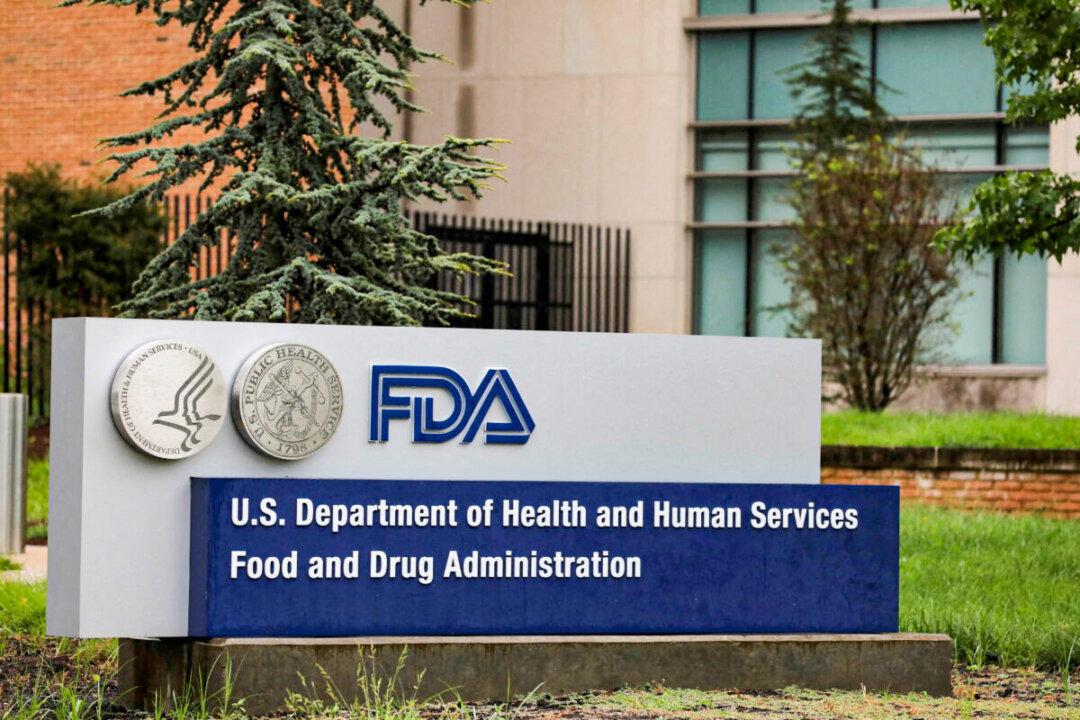A federal watchdog on June 2 announced an investigation into the U.S. Food and Drug Administration (FDA) over its response to problems at a baby formula factory.
“We will determine whether FDA followed the inspections and recall process for infant formula in accordance with Federal requirements,” the U.S. Department of Health and Human Services Office of Inspector General said in a statement.





